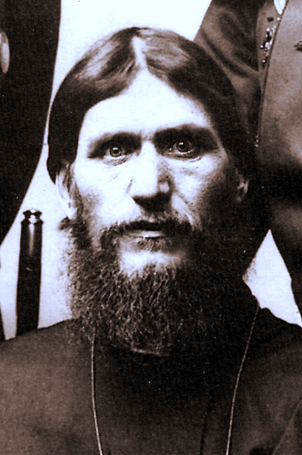[by Lynn C. Rees]
British code breakers discover a massive Luftwaffe air raid will fall on the city of Coventry on November 14-15, 1940. When told, Churchill chooses to leave the city exposed. He fears that special measures to protect Coventry will let Hitler intuit that Churchill is reading his mail. Reading encrypted Hun was more critical to winning the war than a standing Coventry. So 568 people die. 1,256 suffered injury, and the center of Coventry ceases to be but Britain’s decryption efforts stay secret until the 1970s.
Or so the story would have it. Like most fables, Coventry burning is more truthful than factual. The implied moral of this fable stings some: Churchill’s family has gone to great lengths to disprove that “Churchill let Coventry burn“. Mourning that “the Coventry lie hardily endures, probably forever, periodically resurrected and solemnly proclaimed by those who have convinced themselves of Churchill’s perfidy.” seems misplaced though. Given the stakes:
Upon this battle depends the survival of Christian civilization. Upon it depends our own British life, and the long continuity of our institutions and our Empire. The whole fury and might of the enemy must very soon be turned on us. Hitler knows that he will have to break us in this Island or lose the war. If we can stand up to him, all Europe may be free and the life of the world may move forward into broad, sunlit uplands. But if we fail, then the whole world, including the United States, including all that we have known and cared for, will sink into the abyss of a new Dark Age made more sinister, and perhaps more protracted, by the lights of perverted science.
Condemning 1 Coventry, 10 Coventries, 100 Coventries, 1,000 Coventries, even 1,000,000 Coventries to be burned seems worth the Mass. Churchill’s continued hold on human memory rests in part on his reputation for making hard choices. When you kill 1,297, wound 350, sink 1 battleship, and maul 6 other naval ships of a recent ally to impress your banker, fictionally burning Coventry doesn’t rise to the level of a sin that requires special expiation.
For all the current talk of seeing big pictures outside of boxed thoughts, the fashion now is soft times convicting hard times of hardness. The human mind is tribal scale: whatever small picture a small human group can manage to fit into their box as “human” is turned toward condemning whatever big picture lies outside the box as “inhuman”. So French naval vessels resting in their natural habitat on the seafloor can never be a small hurt suffered now to prevent suffering a bigger hurt later. It’s too mean: won’t Churchill, someone, anyone, think of the children?
Such is the cross born by hard times: some hurts and some children must be more equal than others so soft times can pretend all hurts and all children are equal. Yet hard times also let slip hard forces that exceed human carrying capacity for comprehension. Their unfolding proves more alien to day to day experience than hard sacrifices in fictional fables and by real French sailors. It’s worse than hard: it’s tragedy multiplied by uncertainty and compounded by unknowing.
It rained March 4, 1865. The crowd gathered. John Wilkes Booth slunk through the wet crowd (“What an excellent chance I had to kill the President if I had wished!”). Vice President Johnson delivered his speech. His audience quickly grasped that he was all wet too but not from the rain (It was medicinal. For typhoid. I swear.).
Lincoln rose to speak. Sun broke through. The crowd waited for cheer. They got more rain: a master sermon on the need for hard humility when face to face with the incomprehensible logic of Lucy pulling away the football:
Neither party expected for the war the magnitude or the duration which it has already attained. Neither anticipated that the cause of the conflict might cease with or even before the conflict itself should cease. Each looked for an easier triumph, and a result less fundamental and astounding. Both read the same Bible and pray to the same God, and each invokes His aid against the other. It may seem strange that any men should dare to ask a just God’s assistance in wringing their bread from the sweat of other men’s faces, but let us judge not, that we be not judged. The prayers of both could not be answered. That of neither has been answered fully. The Almighty has His own purposes. “Woe unto the world because of offenses; for it must needs be that offenses come, but woe to that man by whom the offense cometh.” If we shall suppose that American slavery is one of those offenses which, in the providence of God, must needs come, but which, having continued through His appointed time, He now wills to remove, and that He gives to both North and South this terrible war as the woe due to those by whom the offense came, shall we discern therein any departure from those divine attributes which the believers in a living God always ascribe to Him? Fondly do we hope, fervently do we pray, that this mighty scourge of war may speedily pass away. Yet, if God wills that it continue until all the wealth piled by the bondsman’s two hundred and fifty years of unrequited toil shall be sunk, and until every drop of blood drawn with the lash shall be paid by another drawn with the sword, as was said three thousand years ago, so still it must be said “the judgments of the Lord are true and righteous altogether.”
The most terrifyingly bloody statement ever delivered by an American public official. And the most terrifyingly necessary.





